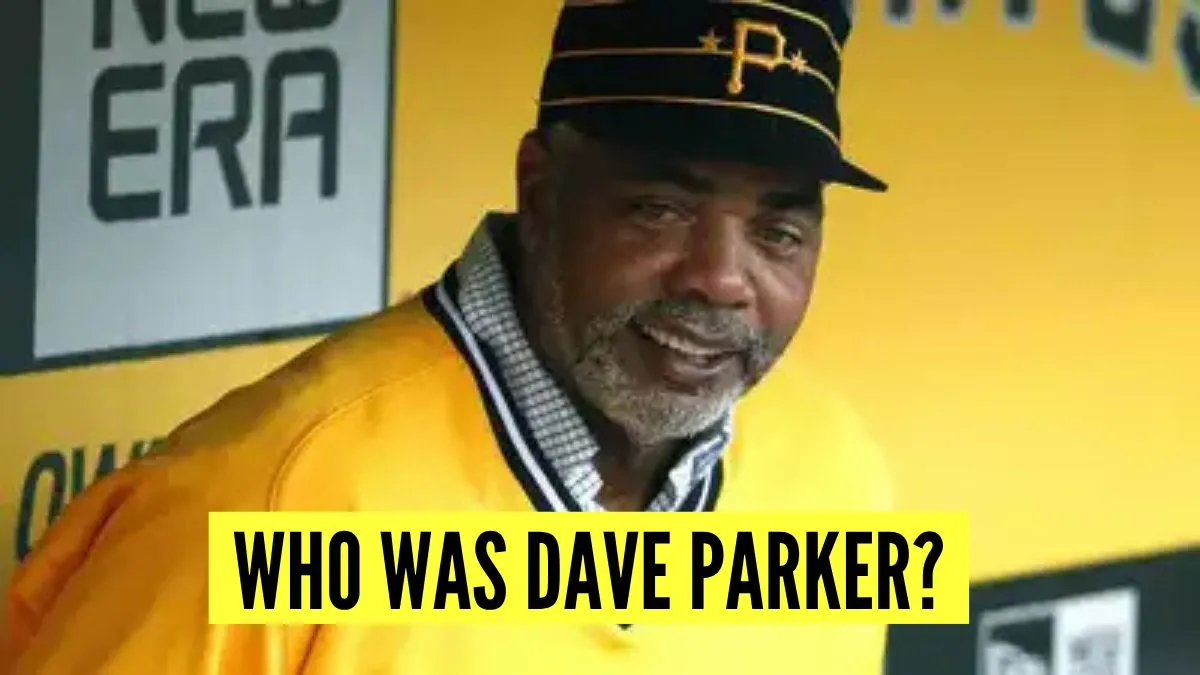Dave Parker, a famous name called "The Cobra," was one of the most electrifying and powerful outfielders in Major League Baseball in the 1970s and 1980s. Born in Mississippi on June 9, 1951, and raised in Cincinnati, Parker rose from the beginning, becoming a seven-time all-star, a two-time batting champion, and National League MVP in 1978. Its rocket is known for the hands, the presence of frightening plates, and more than the larger-than-life personalities. He helped to take the Pirates to the World Series title in 1979 and later won the second with the Oakland Athletics in 1989. Despite personal and professional conflicts, Parker's inheritance is a fierce rival and the most dynamic talent in baseball.
We are heartbroken to learn of the passing of Hall of Famer Dave Parker.
— Pittsburgh Pirates (@Pirates) June 28, 2025
A legendary Pirate, Parker spent 11 years in a Pirates uniform, winning 2 batting titles, an MVP award and a World Series Championship in 1979.
The Cobra was part of the inaugural Pirates Hall of Fame… pic.twitter.com/UuikGxw6dI
Who was Dave Parker?
Dave Parker enjoyed a 19-year Major League baseball career marked by power, consistency, and charisma. He played for six teams, especially the Pittsburgh Pirates and Cincinnati Reds. Seven-time all-star Parker won two National League batting titles in 1977 and 1978 and NL MVP in 1978. He won three Gold Gloves for his extraordinary defense and earned an All-Star Game MVP in 1979. Parker helped the Pirates win the World Series in 1979 and captured another championship in 1989. Home runs and 1,493 RBIs, Parker was included in the Hall of Fame in 2024.
Career Details
Dave Parker's professional baseball career was a dynamic mix of gross power, exceptional athletics, and moments of triumph and personal struggle. In more than 19 seasons at Major League Baseball (1973-1991), Parker solidified his place among the elite of the game and left a lasting legacy.
Pittsburgh Pirates (1973-1983)
Parker debuted with the Pittsburgh Pirates in 1973 and quickly became the team's face after Roberto Clemente's death. In 1975, he broke out with an average of .308, 25 home runs, and 101 RBIs. He won consecutive NL titles in 1977 (.338) and 1978 (.334). In 1978, Parker was appointed the most valuable player of the National League after leading the league in slugging, OPS, and total bases. Known for his cannon throw arm, he won three Gold Glove awards from 1977 to 1979 as a right defender. In 1979, Parker was the All-Star Game MVP for his unforgettable defensive bids from left field and helped take the Pirates to a World Series championship.
Cincinnati Reds (1984-1987)
After a decline in performance and controversy in Pittsburgh, Parker revitalized his career with his hometown team, the Cincinnati Reds. He won two Silver Slugger awards (1985, 1986) and returned to All-Star status. In 1985, he had one of his best seasons: an average of rebounds. 312, 34 home runs, 125 RBIs, and a second place in the MVP vote.
Oakland Athletics (1988-1989)
Parker joined Oakland as a designated hitter and veteran leader. In 1989, he hit 22 home runs with 97 RBIs and helped the team win the World Series. He was appointed a prominent role in the American League in 1989 and 1990.
Late Career (1990-1991)
Parker had brief stints with the Milwaukee Brewers, California Angels, and Toronto Blue Jays before retiring in 1991. He finished his career with impressive stats: 2,712 hits, 339 home runs, 1,493 RBIs, and a .290 batting average.
Lasting Legacy
Dave Parker's legacy is one of immense talent, flexibility, and effect in Major League baseball. Known as "The Cobra," he was a trailblazer who combined the standard, speed, and nature by setting standards for modern outfielders. Beyond his impressive figures and appreciation - including MVP honors, batting titles, and two World Series championships, Parker was a patron for young players and symbolized confidence and strength. Despite being ignored for years due to personal conflicts and off-field controversies, his final Hall of Fame induction in 2024 confirmed his permanent impact. The fearless sports style of Parker continues to inspire generations in the personality of the iconic throw and large-to-life, strengthening its place among the great people of all time in baseball. Their legacy ends as a true baseball warrior.

Comments
All Comments (0)
Join the conversation